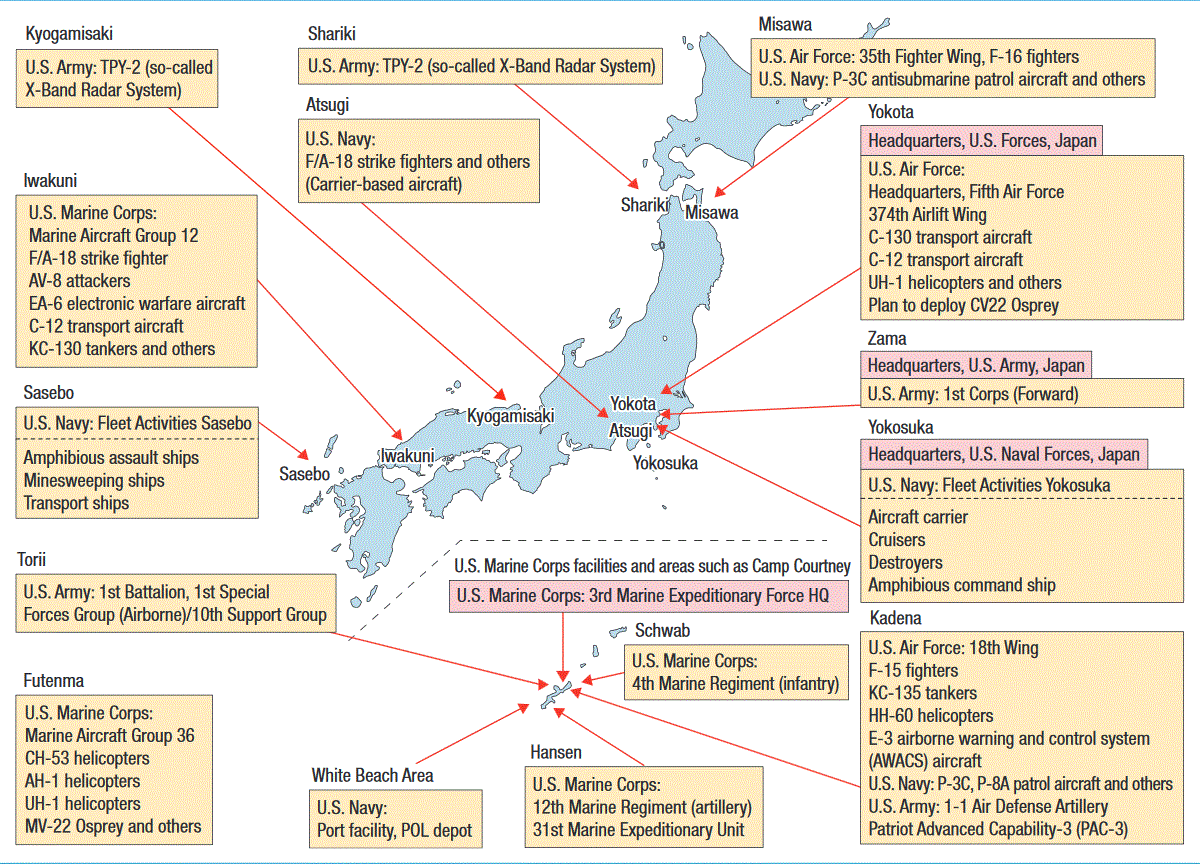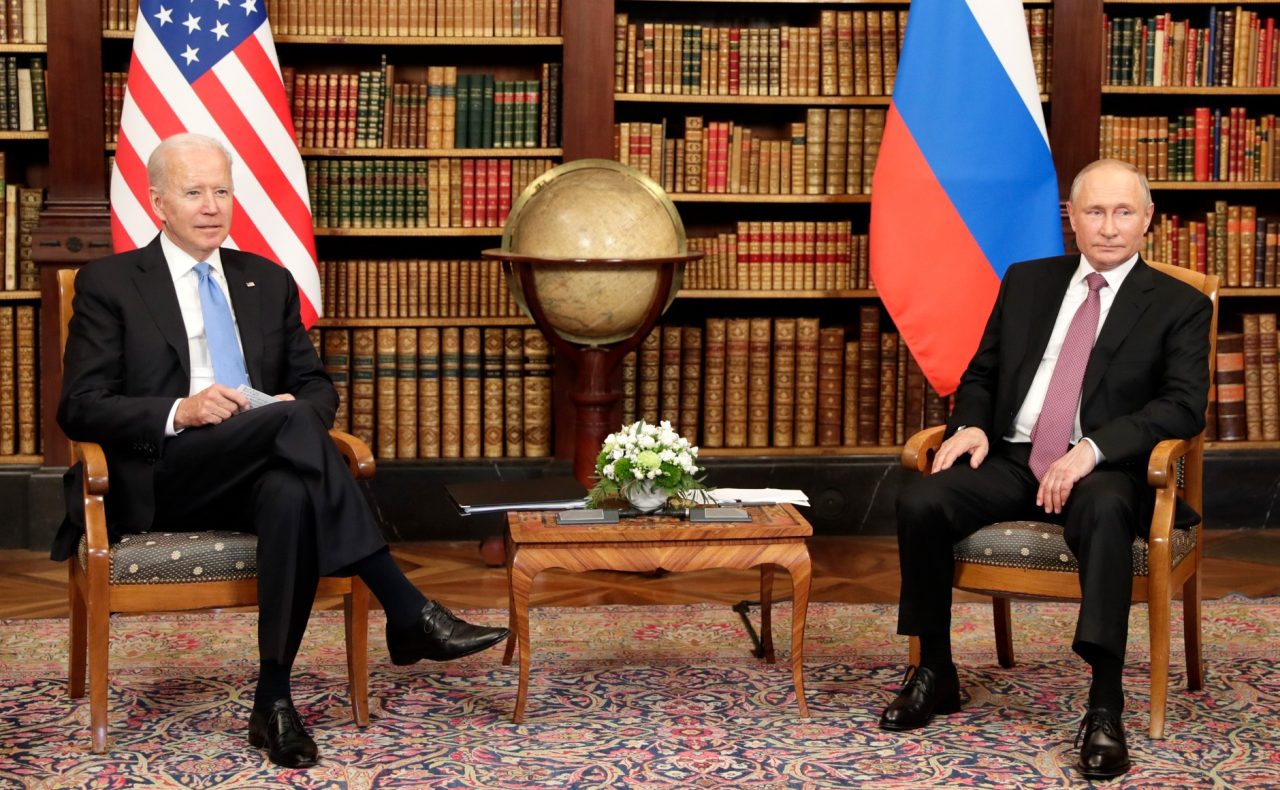OPED By Major General (Dr) Ashok Kumar (Retd.)
Japan was the second most crucial constituent of Axis powers after Germany during the Second World War. While multiple countries joined the coalition and left, Germany, Japan, and Italy constituted this coalition’s three most important pillars.
Even in these groupings, Italy surrendered as early as September 8, 1943, while Germany surrendered on May 7, 1945. Japan was the only survivor until the end and was reasonably placed in a good position to defend itself for some more time. Given the development and reversals, it was trying to negotiate with the Soviet Union for an honorable surrender to terminate the war.
Even when the defeat of Japan was imminent through conventional forces, the US chose to bomb the country in Hiroshima and Nagasaki on August 6 and 9, 1945, respectively, causing the massive devastation of millions of people and affecting successive generations in these areas due to radiation-related effects.
Hiroshima & Nagasaki Were Part Of The Global Power Game
Some analysts feel that the launch of a nuclear bomb by the US was argued for the early closing of World War II, but that largely remained public posturing. There is strong reason to believe that it was done to get undisputed status in the post-conflict era, as it was the only country in the world with nuclear weapons.
Its primary rival, the Soviet Union, got nuclear power close to four years later, on August 29, 1949.
In addition to causing huge destruction, the US occupied Japan until 1952. Major portions of Japan and most of the islands had US bases and forces addressing the US’ national ambitions in the garb of taking care of Japan’s incidental security needs.
Japan inserted Article 9 in its Constitution and thus became hostage to itself by surrendering all its future national interests, a situation which less or more continues to date.
Although, due to public protests from time to time, the relationship between the US with Japan has transitioned from a destructor to a protector, closer scrutiny of events will reveal that the US has been benefiting from the unprecedented economic growth of Japan during all these years.
Japan focussed on economic growth as against its military growth and, at some time, became the second largest economy, just behind the US. Even this surge in economic status did not address its security concerns, and in fact, it got punished by some restrictive business regimes as the trade balance was not in the US favor.

The US aligned with China despite that not being in the Japanese interest and tried to get the best of both. It is beside the point that when China is trying to usurp its place, the US has re-focussed on Japan as an important partner in the Indo-Pacific with a reasonable number of US soldiers stationed in Japan, for which Japan is paying the economic cost.
There is a need for strategic dialogue between Japan and India, wherein the former can defend its national interests on its own rather than depending on the US.
The Democracy Versus Communism Battle Dividing One Nation Into Two States
The US game was not only played in Japan. It was also played in Germany, where the country was divided into two parts — West Germany as a democracy and East Germany as a Communist regime. The Soviet Union and the US were parties to this division game.
The credit goes to the German people for seeing through this game and its adverse effects, and they decided to unify again to create the German nation, though it took more than four decades to unify.

The Soviets and the US, again, played their games in the garb of a Communism versus Democracy fight and ruined the Korean peninsula, which stands divided as North Korea and South Korea even today. Despite being sons and daughters of the same forefathers, they are bitter opponents. The Koreans are one nation in two states.
It is hoped that someday, the US’ exploitation of South Korea and the Chinese and Russian exploitation of North Korea will stop, and these will become a single unified nation. These countries are being made scapegoats for furthering the aims of big sharks at the geo-political stage.

These games were not only played and are being played only by the US and the Soviet Union/Russia but by a number of the other colonizers from the West as well. The French broke Vietnam into two parts — North Vietnam and South Vietnam — post the 1954 Geneva Accord. Credit goes to the Vietnamese people, again, for uniting as a single country in 1976, defeating the divisive agenda of the West.
Before this unification, the Vietnamese fought a long war with the US, forcing it to abandon the conflict and opt for a negotiated settlement, after which Vietnamese unification took place.
British Great Game In South Asia
Britishers were no less, and before leaving India, they partitioned India into two parts and three geographies of West Pakistan, India, and East Pakistan. Britishers have filled the seeds of hatred so much between the Indian and Pakistani people that all efforts of negotiations are coming to naught.
Many people lost lives during the partition, and the two nations have fought four wars besides Pakistan’s deep hatred towards India. One of the wars made it three countries, with the creation of Bangladesh in 1971.
India and Pakistan are suffering from the division game played by the Britishers and have to show historic courage to unite like Germany and Vietnam as a single nation to address our sufferings and pains.

US and Russia also played their games turn by turn in Afghanistan, ruining the nation to its current level. The people of Afghanistan need to adopt a pragmatic approach for its population, and India has to play a more effective role in addressing the concerns of the global South. It has the will and resources and just requires enhanced momentum.
And the tide appears to have turned a full circle now in the form of the Russia-Ukraine war continuing for more than a year. While the US and Soviet Union jostled for influence and space during the second world war and beyond, the equations marginally changed post-1991 after the disintegration of the Soviet Union.
China Joining Colonizers In The Power Game
The fight for influence and space continued between the US and Russia, affecting the fate of nations and people adversely. While these spats were mainly in the open domain, China quietly entered the race and attempted to win it by hook or crook. It is disregarding bilateral as well as international agreements and institutions to progress its agenda of expansionism.
While the US is using other NATO countries in fighting an open proxy war in Ukraine to checkmate and weaken Russia, China has embraced the ‘no limit’ friendship with Russia. The heightened activities around Taiwan and the Indo-Pacific indicate that the real power game is now between the US and China.
The other players are part of their game plan. Ukraine is facing unprecedented destruction in the hope that the US and the West are fighting for Ukraine. But Ukraine is the scapegoat for the larger playoff.
The world has entered the third decade of the 21st century and has more wherewithal to understand these games. It’s time major global powers understand this, resist their temptation to exploit other nations, and rise together, including the adoption of unification of broken countries, where feasible.
The world will then change with each human life getting due respect.
- Major General (Dr) Ashok Kumar, VSM, (Retd), is a 1999 Kargil war veteran, visiting fellow of the New Delhi-based Centre for Land Warfare Studies (CLAWS), and defense & strategic analyst with a particular focus on China. He tweets @ChanakyaOracle. VIEWS PERSONAL OF THE AUTHOR
- Follow EurAsian Times on Google News




